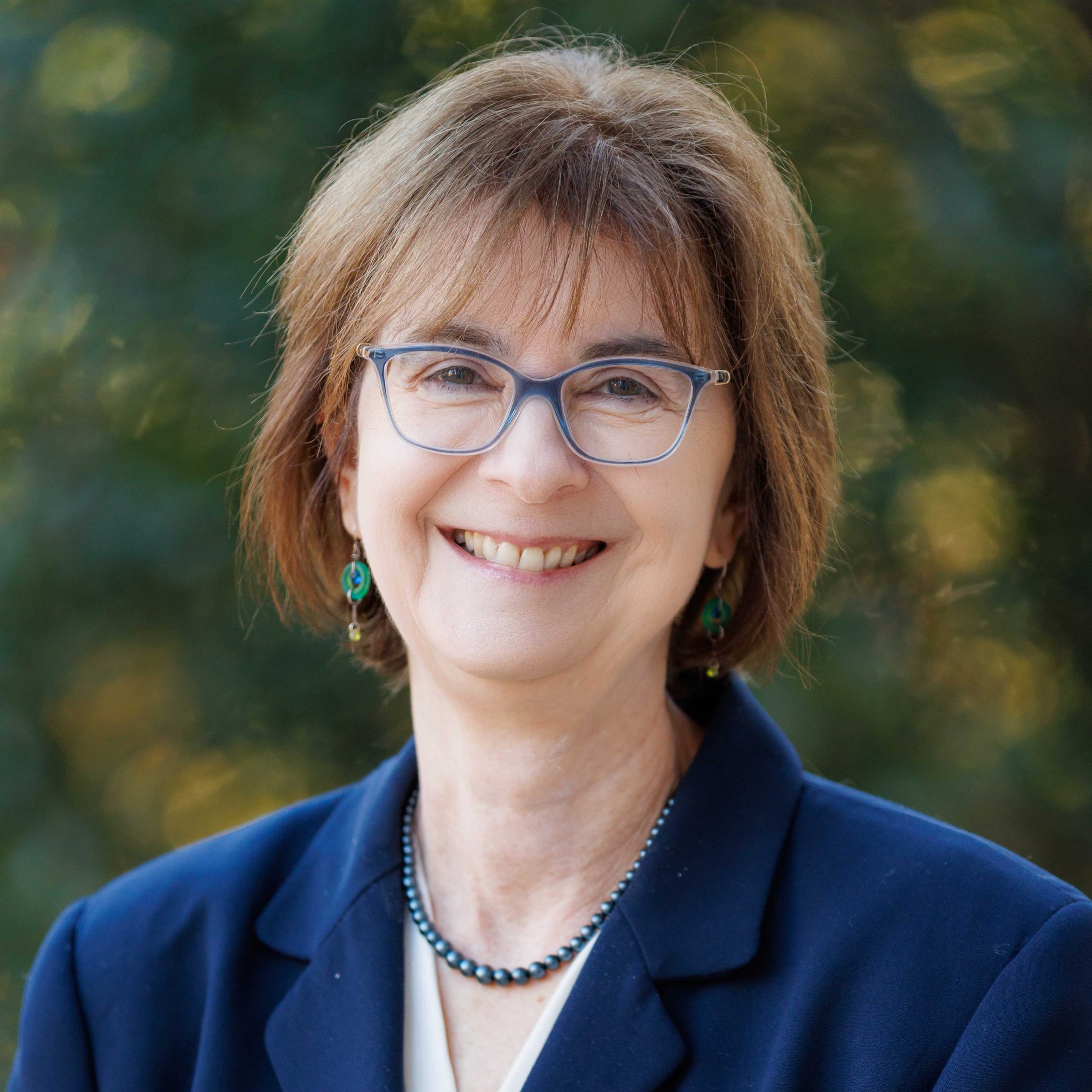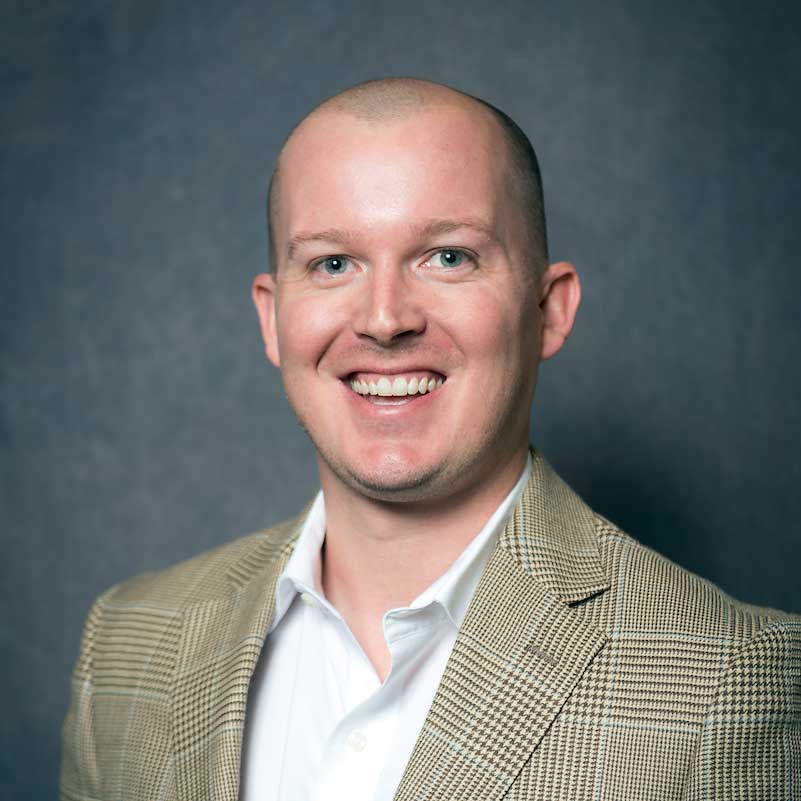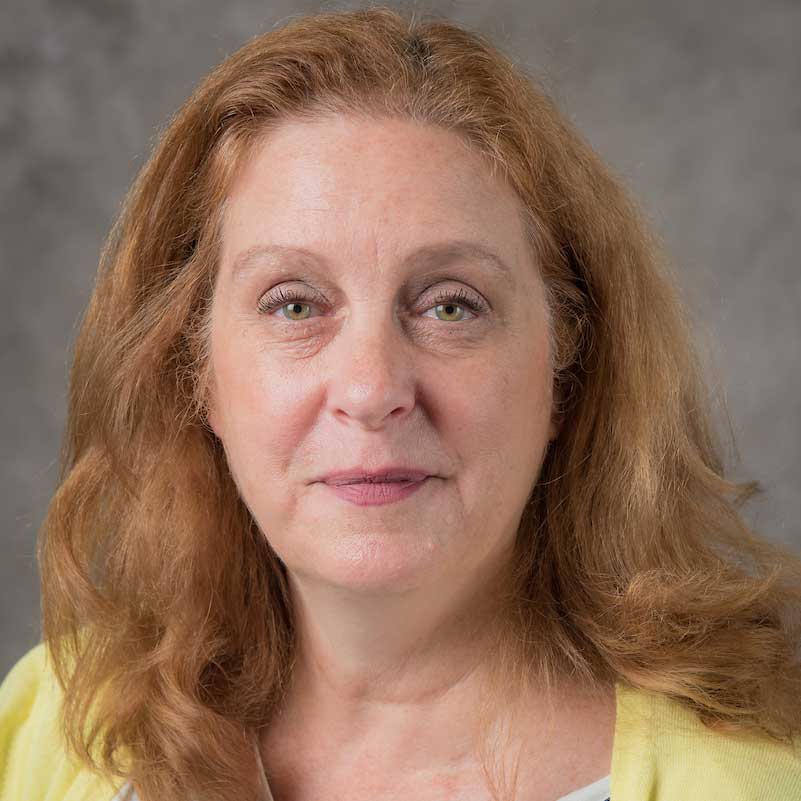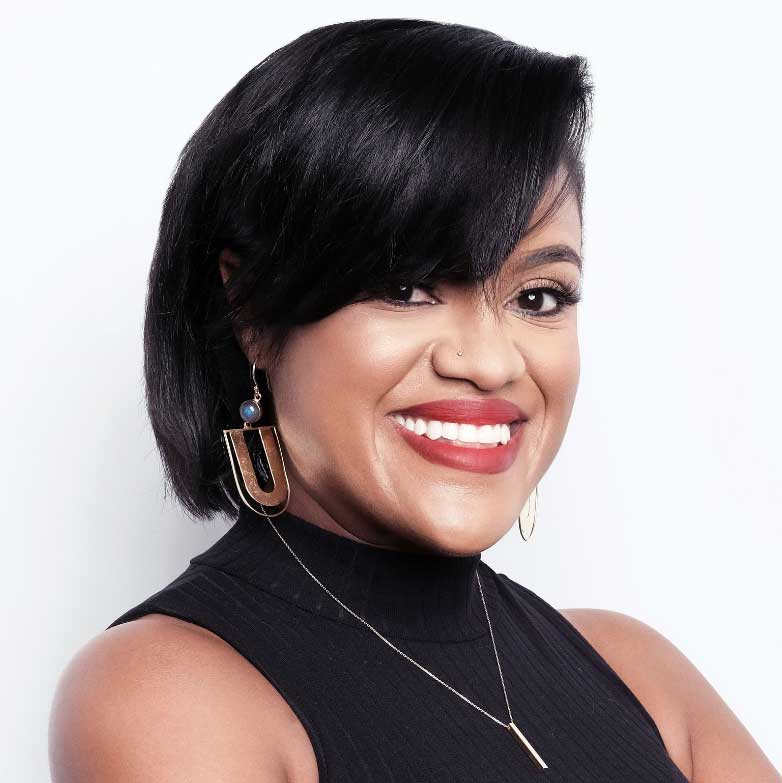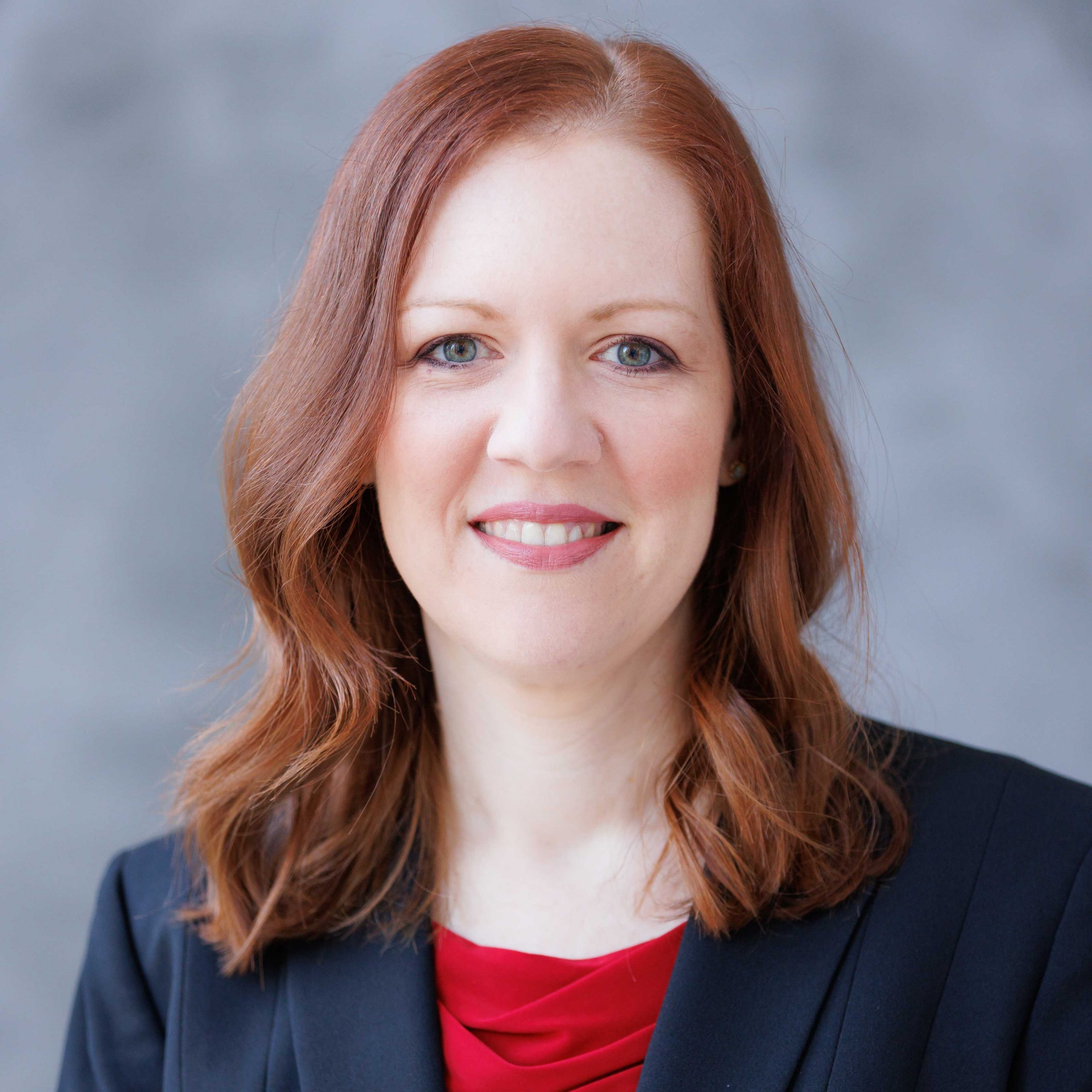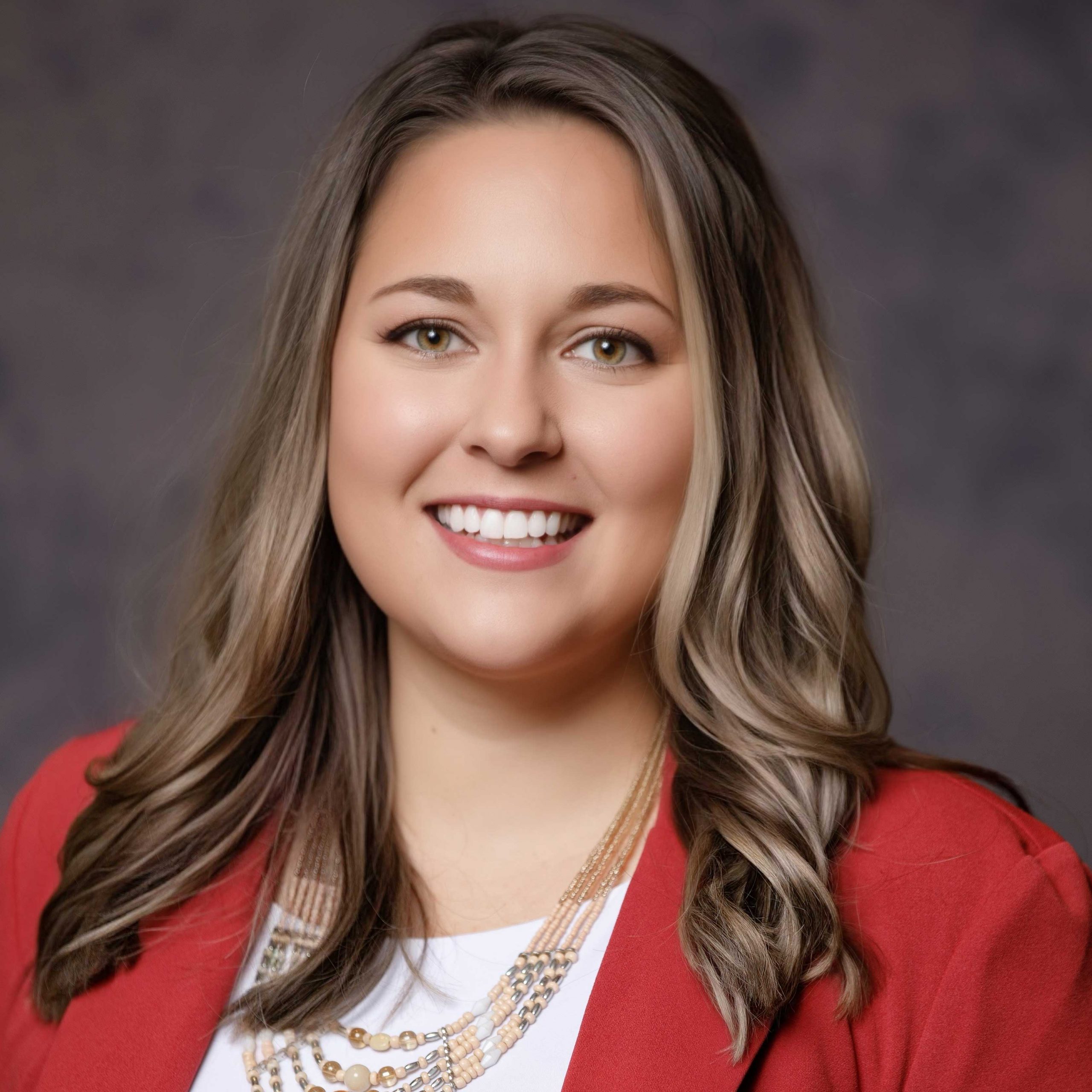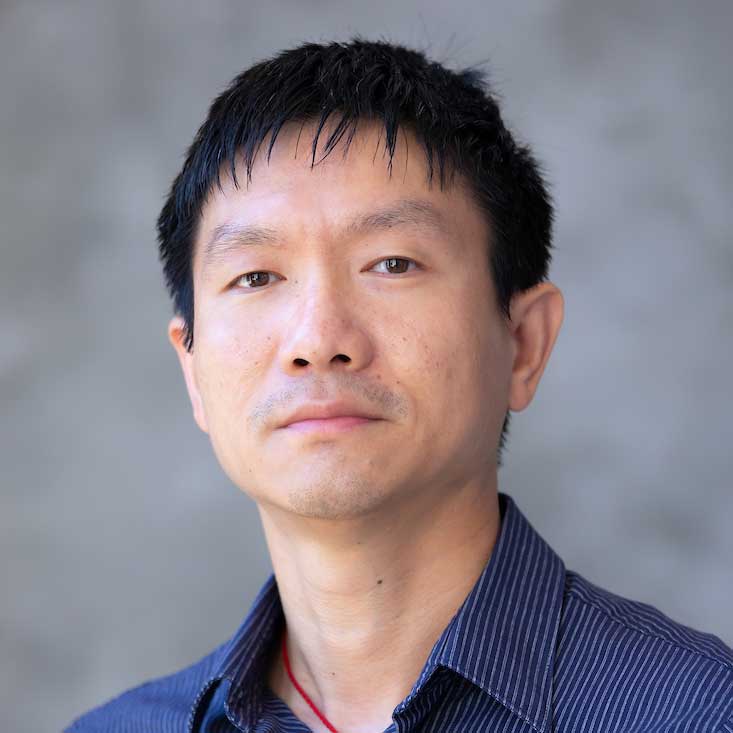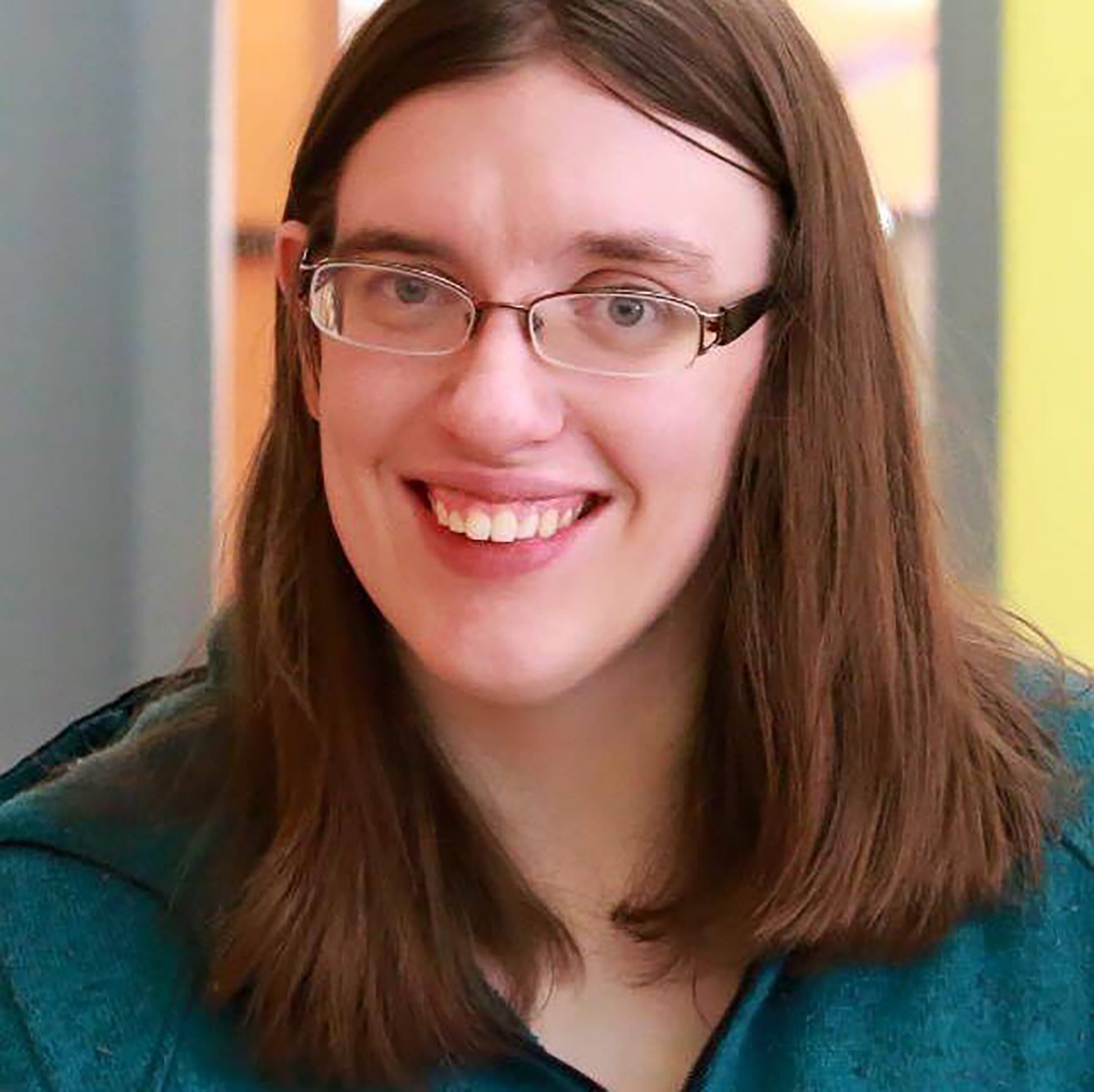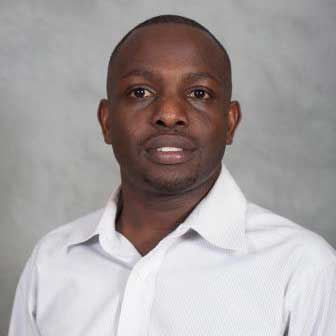Overview
The philosophical bases from which the instruction, mentorship, and applied learning within the Program in Counselor Education are derived reflect a combination of pragmatism, social constructivism, and phenomenology. The philosophical framework of the program embraces preventive, developmental, and remedial efforts as meaningful responses by counselors to the human conditions of their clients. A variety of applied approaches to the process of change is examined and encouraged within a framework of practical and realistic expectations for the process of change. However, the basic commitment to facilitating optimum development of individuals, families, and communities throughout their life-spans permeates the efforts of students and faculty alike.
Consistent with the American Counseling Association mission statement, the Counselor Education Program aims at enhancing “the quality of life in society by promoting the development of professional counselors, advancing the counseling profession, and using the profession and practice of counseling to promote respect for human dignity and diversity.” –ACA Mission Statement
Program Coordinator: Dr. Ryan Cook
Programs
BCE Inquiry Meetings (2023-2024) (5-6pm- Counseling Lab [Lucy Room 318] or Virtually)
If you plan to attend any of the meetings please email Dr. Ryan Cook.
Application Deadlines
All Application to the Counselor Education Programs are made through Graduate School. The application deadlines for the various programs in Counselor Education are as follows:
MA in Clinical Mental Health Counseling
- Fall admissions only (January 15)
MA in Rehabilitation Counseling, MA in School Counseling and EDS in Counselor Education
- Rolling admission i.e., admissions decisions are made each semester. Admission decisions may be made in the summer if openings remain after May admission decisions have been completed. Please attend to the following priority dates to allow adequate time for your application to be reviewed:
- May 15: Priority deadline for all application materials to be considered for fall admission
- October 15: Priority deadline for all application materials to be considered for spring admission
PhD in Counselor Education and Supervision
- Fall admission only
- Priority Application Deadline—January 15
- Final Application Deadline—March 15
Accreditation
All the programs in the Program in Counselor Education are accredited by the Council for Accreditation of Counseling and Related Educational Programs (CACREP). Accreditation means that the accredited programs are recognized nationally as having met standards of the counseling profession. All graduate degrees affiliated with training in School Counseling are certified by the State Department of Education (SDE) for the State of Alabama. The School Counseling program is also accredited by the Council for the Accreditation of Education Preparation (CAEP). In addition, our counselor education program is a recognized member of International Registry of Counselor Education Programs through promoting the ongoing development and recognition of the counseling profession worldwide.
Mission Statement
The mission of the Program in Counselor Education at The University of Alabama is to educate a diverse population of students. The priority of the faculty is to train competent, ethical, culturally sensitive, and knowledgeable practitioners and educators.
ACA Code of Ethics Requirement
Prior to enrollment in the Program in Counselor Education at The University of Alabama, you must read the American Counseling Association (ACA) Code of Ethics and sign a ACA Code of Ethics Student Agreement. This consent must be signed by all students enrolled in Counselor Education classes at the University of Alabama. These two required steps demonstrate your obligation to use the ACA Code of Ethics as your guide for your actions with clients, student colleagues, and fellow professional counselors. If there are questions related to the ACA Code of Ethics, you must address them with your academic advisor. Failure to comply with the ACA Code of Ethics could affect your continued enrollment in the Program in Counselor Education.
Program Objectives
- Faculty will recruit, select, retain, and graduate a diverse population of students across all Counselor Education programs.
- Students will demonstrate competence on our diversity, fairness and equity, collaboration, and reflective practice dispositions, endorsed by the College of Education.
Master’s-Specific Objectives
- Students demonstrate knowledge and develop skills in all eight CACREP common core curricular areas (i.e., professional orientation and ethical practice, social and cultural diversity, human growth and development, career development, helping relationships, group work, assessment, and research and program evaluation).
- Students demonstrate specific knowledge and develop skills in their selected areas of CACREP specialties (i.e., Clinical Mental Health Counseling, Rehabilitation Counseling, or School Counseling).
- Students demonstrate specific knowledge and develop skills competencies related to the following key performance indicators:
- Demonstrate knowledge of ethical and legal practice in the counseling profession in a multicultural and pluralistic society.
- Continuously enhance multicultural competence by heightening cultural awareness, knowledge, and skills to work in a multicultural and pluralistic society.
- Promote resilience and wellness across the lifespan.
- Become knowledgeable of various and current career development theories and relevant career counseling models.
- Become knowledgeable of counseling theoretical models and develop a personal theoretical orientation that is conducive to work with clients with diverse backgrounds.
- Demonstrate knowledge of various therapeutic factors and how they contribute to group effectiveness given clients’ diverse backgrounds.
- Demonstrate knowledge and skills in current assessment and measurement.
- Understand the importance of research in advancing the counseling profession, including how to critique research to inform counseling practice.
- Demonstrate skills regarding essential interviewing, counseling, and case conceptualization
Specialty-Specific Objectives
- Articulate the role and practice of the clinical mental health counselor (Clinical Mental Health Counseling).
- Advocate for integration and inclusion of individuals with disabilities, including strategies to reduce attitudinal and environmental barriers. (Rehabilitation Counseling).
- Articulate the role and practice of the school counselor. (School Counseling).
Doctoral-Specific Objectives
- Doctoral students demonstate knowledge and develop skills across five CACREP specific domains (counseling, supervision, teaching, research & scholarship, and leadership and advocacy)
- Students demonstrate specific knowledge and develop skills related to the following key performance indicators:
- Articulate best counseling practices and evaluate counseling effectiveness.
- The doctoral candidate will effectively demonstrate developmentally appropriate and ethical supervision with master’s level students
- Effectively demonstrate teaching content in Counselor Education.
- Demonstrate use of appropriate research methods and designs.
- Demonstrate advocacy skills and comprehend the role of advocacy in Counselor Education.
Resources for Current and Prospective Students
Labs
Counseling Lab
The Program in Counselor Education includes usage of the Counselor Education Developmental Counseling Laboratory, a suite of counseling rooms on the third floor of Autherine Lucy Hall, accessible through Room 318. The Counseling Laboratory is a state-of-the-art facility that features digital recordings of pivotal counseling work samples from program entry through practicum work
Quick Links
Site Supervisor Materials
Alabama State Department of Education Program Checklists
Faculty
Chi Sigma Iota
